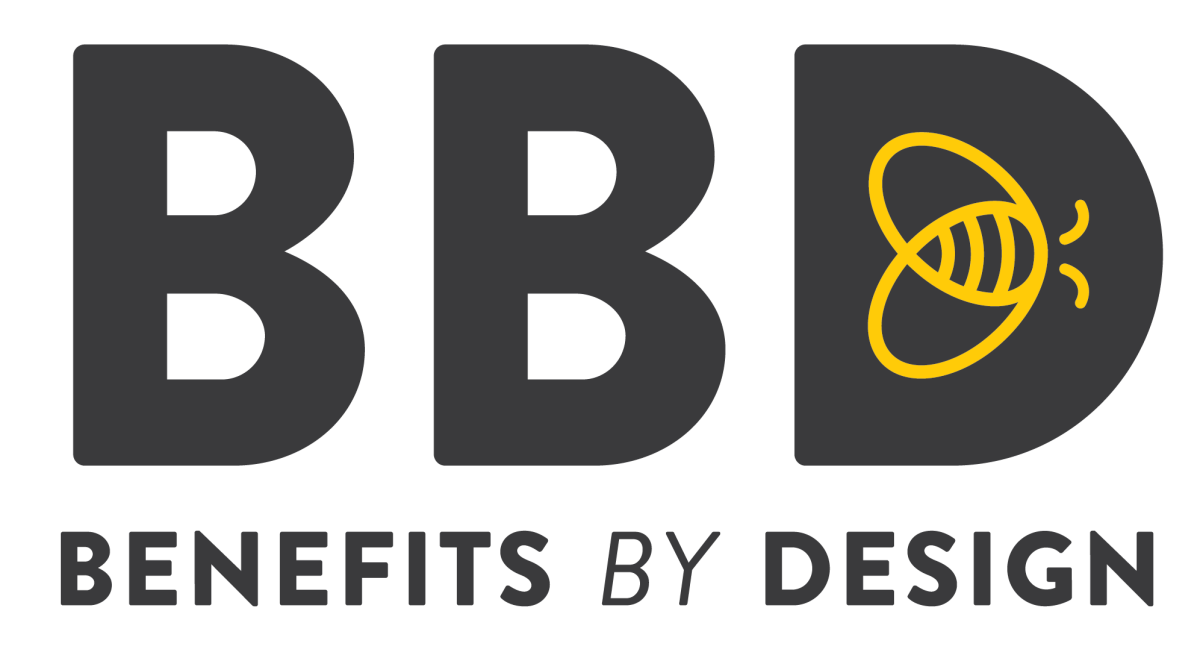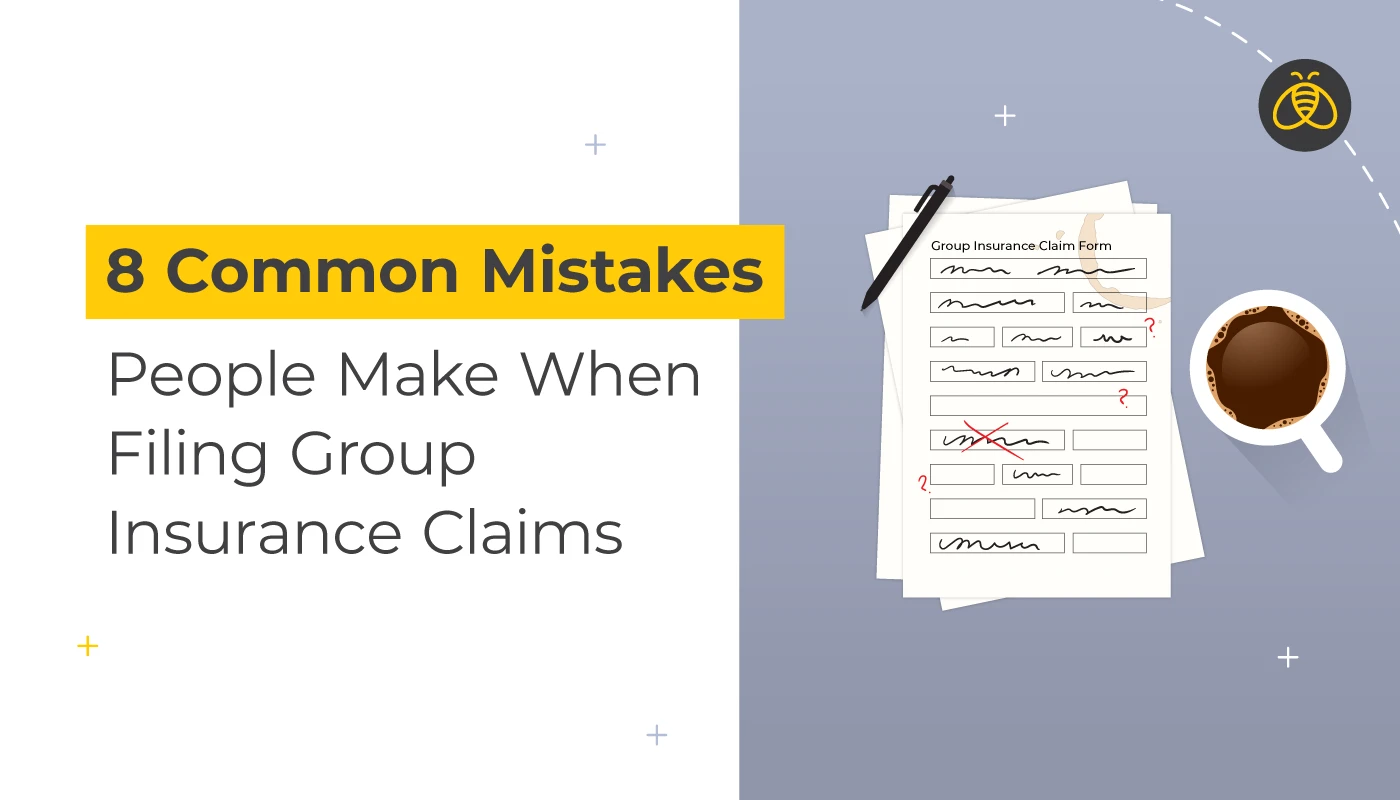Group insurance claims are many and varied. Which means there are a lot of different specifics that pertain to each type of claim. And with anything that requires concentration and a lot of information, there is room for error. We examine the most common mistakes people make filing their claims.
What You Need to Submit Medical Claims Under a Group Insurance Plan
Group Insurance Claims Mistakes – Extended Health Care (EHC)
When a plan member (employee) submits a group insurance claim under their extended health care (EHC) plan, they should be aware of several things. We’ll explain the most common so you can avoid making the same mistakes as others.
1. Not Submitting Claims Towards the Deductible
Many extended health care plans have an annual deductible. This is a set amount that must be paid out-of-pocket by the employee before the benefits plan kicks in.
In order to satisfy the deductible, plan members must submit their claims for reimbursement. This way the insurer knows that the employee has spent that amount towards the deductible. Once the deductible has been paid in full, the plan will begin to reimburse the employee going forward.
2. Assuming the Expense Will be Reimbursed
This mistake is most common for employees who have recently switched jobs. And for employees of employers who have changed insurance carriers.
Not all plans were created equal. This means that what one plan used to cover may not be covered by the new plan. For example, a previous plan might have coverage for eye exams and glasses or contact lenses, whereas the current one only has coverage for eye exams.
There could also be a change in the co-insurance amount. Some plans pay 100% of medical expenses, other plans might only cover 80%.
New employees should always check their coverage specifics when starting a new job. And employers who are switching carriers should ensure they communicate any plan changes clearly.
[Free Download] How to Nail Your Benefits Communication Strategy
3. Submitting Vitamins or Over-the-counter Medication
Health plans do not provide coverage for over-the-counter (OTC) medications such as aspirin, cold and flu medications, or external infection creams. Nor do they cover vitamins and supplements. This is because it is not considered a medical expense by the CRA, which regulates what is eligible under both an EHC plan and health care spending accounts (HCSA).
Wellness Spending Accounts (WSA) – also known as Personal Spending Accounts (PSA) or Lifestyle Spending Accounts (LSA) can be built to provide coverage for these types of things if the employer wishes to cover their employees for such expenses.
4. Not Getting Prior Authorization First
There are many prescription drugs that are automatically covered by insurance companies. However, there are a select group which require prior authorization before the insurer will reimburse the plan member.
This could include (but is not limited to) the following reasons:
- Price – high-cost drugs may require prior authorization.
- Reason for use – to confirm that the drug is being used for a specific purpose. Some uses for certain drugs might not be eligible.
- Length of use – some drugs are transitionary, so the prior authorization will confirm that they will only be prescribed for a specific amount of time.
Group Insurance Claims Mistakes – Dental Care
5. Not Getting a Predetermination Prior to Treatment
Many major restorative services and most orthodontic services require a dental predetermination. This is where the plan member’s dentist will submit a treatment plan to the insurer for prior approval. The insurer will then advise which specific parts of the treatment plan they will cover, and at what percentage.
Predeterminations are required so the carrier can confirm that the most cost-effective treatment plan is being used. If not, the insurer will usually only cover the amount of the less expensive procedure.
They also give the employee an idea of how much the full procedure will cost them out-of-pocket.
What is Dental Insurance, What is Covered, and Why Should You Want It?
Group Insurance Claims Mistakes – Disability Insurance
When it comes to group insurance claims, disability claims are some of the most complicated.
6. Not Receiving Continuing Care
For both short- and long-term disability, plan members are required to be under the continued care of a physician. This means they should have regular checkups to monitor the progress of their condition. The insurer needs these updates to confirm that 1) the plan member is still disabled, and 2) that the plan member is working towards improving their condition.
Failure to provide ongoing medical updates could result in the discontinuation of benefits.
7. Not Applying for Canada Pension Plan (CPP) Disability Benefits
Long-term disability insurance plans are offset by CPP disability benefits. This means that any amount received from CPP disability is taken off the LTD benefit amount.
Employees need to apply for the CPP disability benefit, even if they are not eligible. Otherwise the insurer will assume the employee is eligible and will discontinue LTD payments until they have confirmation the employee is eligible or not eligible.
8. Not Reporting All Sources of Income
When on an active LTD claim, employees must report any other sources of income. This includes any Workers Compensation benefits, income from provincial no-fault auto insurance claims, and Criminal Injuries Compensation.
As with CPP, these amounts directly offset the amount of the LTD benefit paid. Other sources of income may reduce the benefit as well, since plans have an “All Source Maximum” which is a percentage of pre-disability earnings. A common All Source Maximum is 85%.
If the insurer finds out about unreported sources of income, they will request a refund, or garnish further benefits payments to recoup the overpayment.
Conclusion
Getting group insurance claims right the first time can save a lot of time and headaches. For plan members who are suffering from a disability, tooth pain, or chronic condition that requires maintenance medication, it’s one less thing to worry about.



